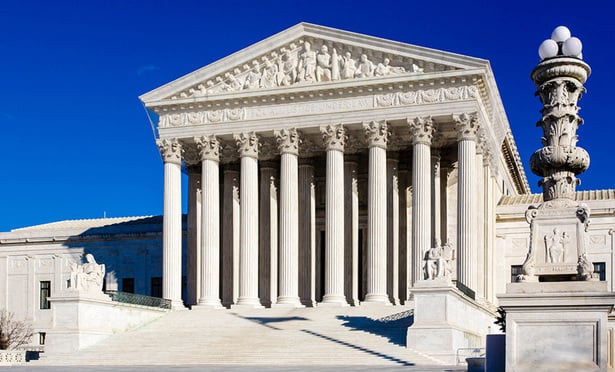On March 20, 2019, I published an article in these pages summarizing the issues raised in Franchise Tax Board of California v. Hyatt, 587 U.S. __ (2019) (Hyatt III), a case then pending before the Supreme Court. See “Immunity Boost? The Supreme Court Hears Argument (for the Third Time) Regarding Scope of State Sovereign Immunity.” On May 13, 2019, the Supreme Court issued a decision in Hyatt III that overturned Nevada v. Hall, 440 U.S. 410 (1979), which held that the Constitution does not provide a state immunity from suits in another state’s courts, and held that the California Franchise Tax Board (FTB) was immune from suit in Nevada.
Background
In the early 1990s, Gilbert Hyatt earned substantial income from a technology patent. Prior to receiving the patent, Hyatt was a California resident. When Hyatt filed his 1991 and 1992 state tax returns, he claimed to be a resident of Nevada, which collects no personal income tax. The FTB, the California agency responsible for assessing state income tax, suspected that Hyatt’s move was a sham to avoid paying California income tax. Following an audit, the FTB determined that Hyatt owed millions of dollars in taxes, interest and penalties. Hyatt appealed the FTB’s determination, which remains pending. See Hyatt III, slip op. at 1-2.


 The U.S. Supreme Court
The U.S. Supreme Court




